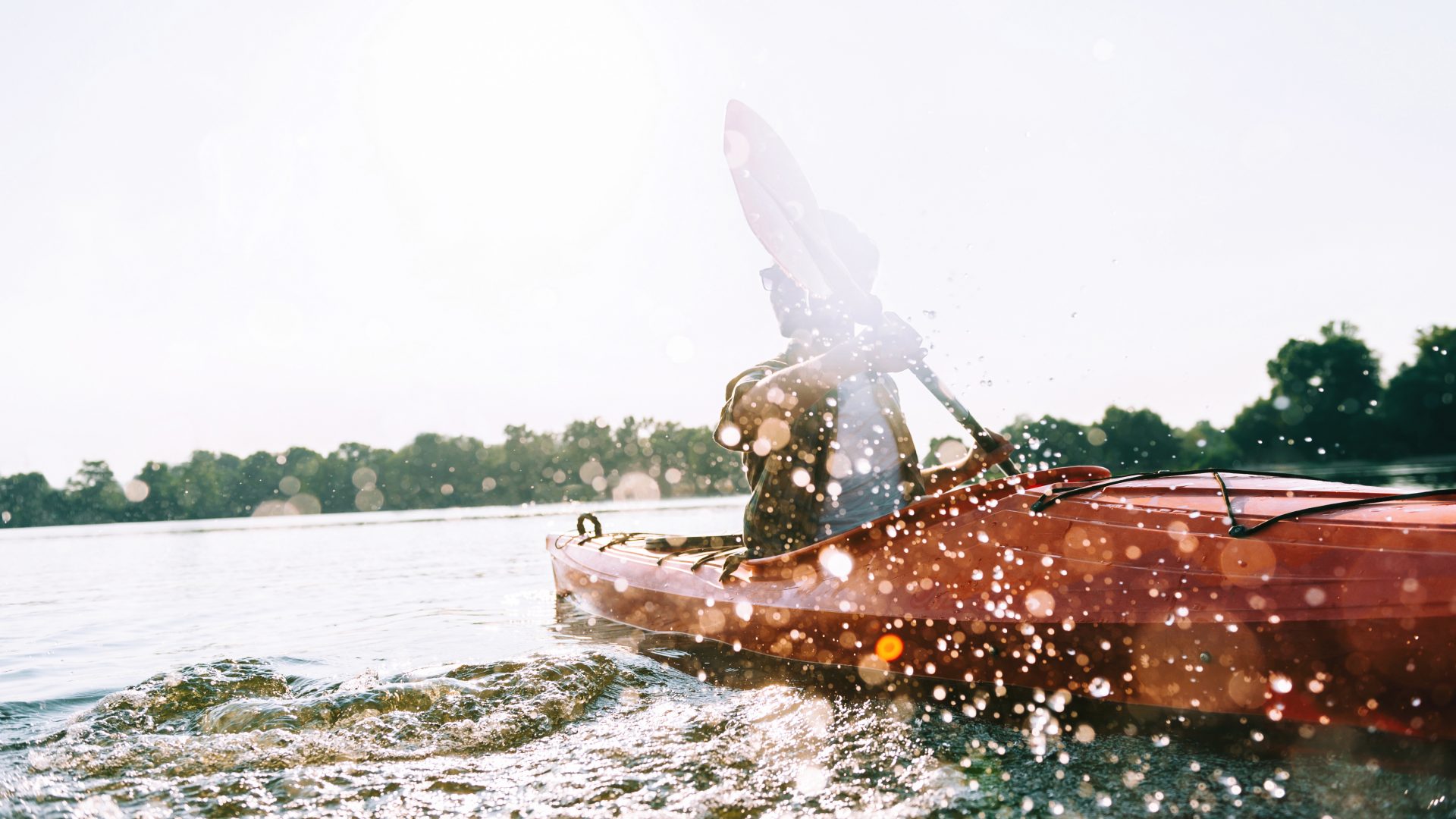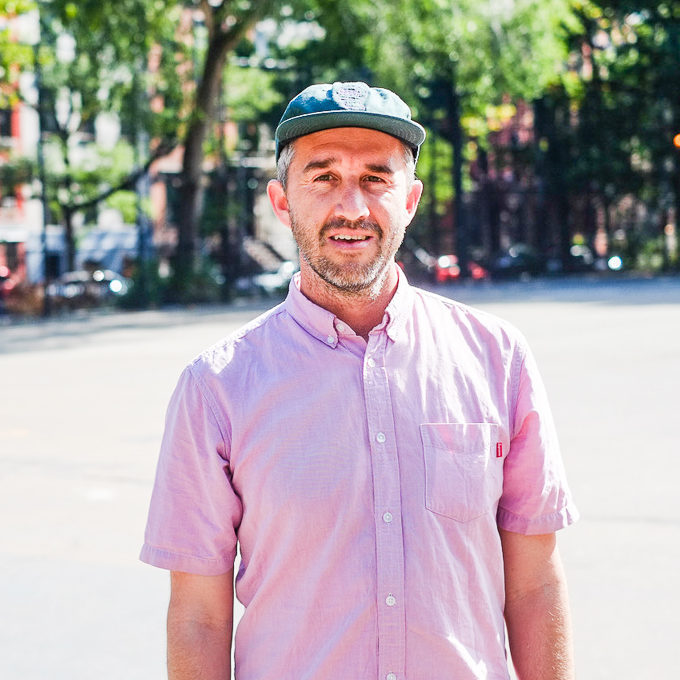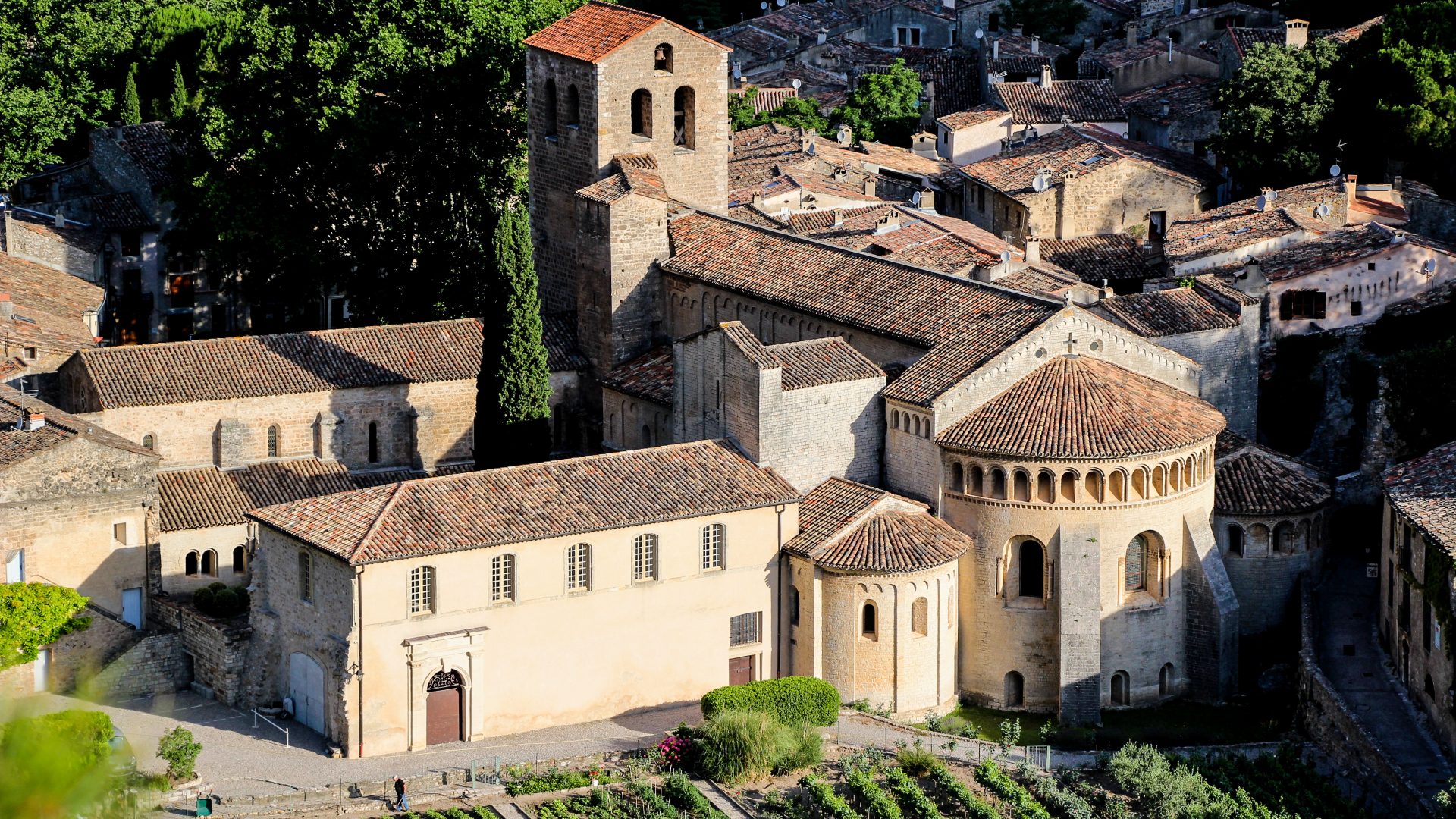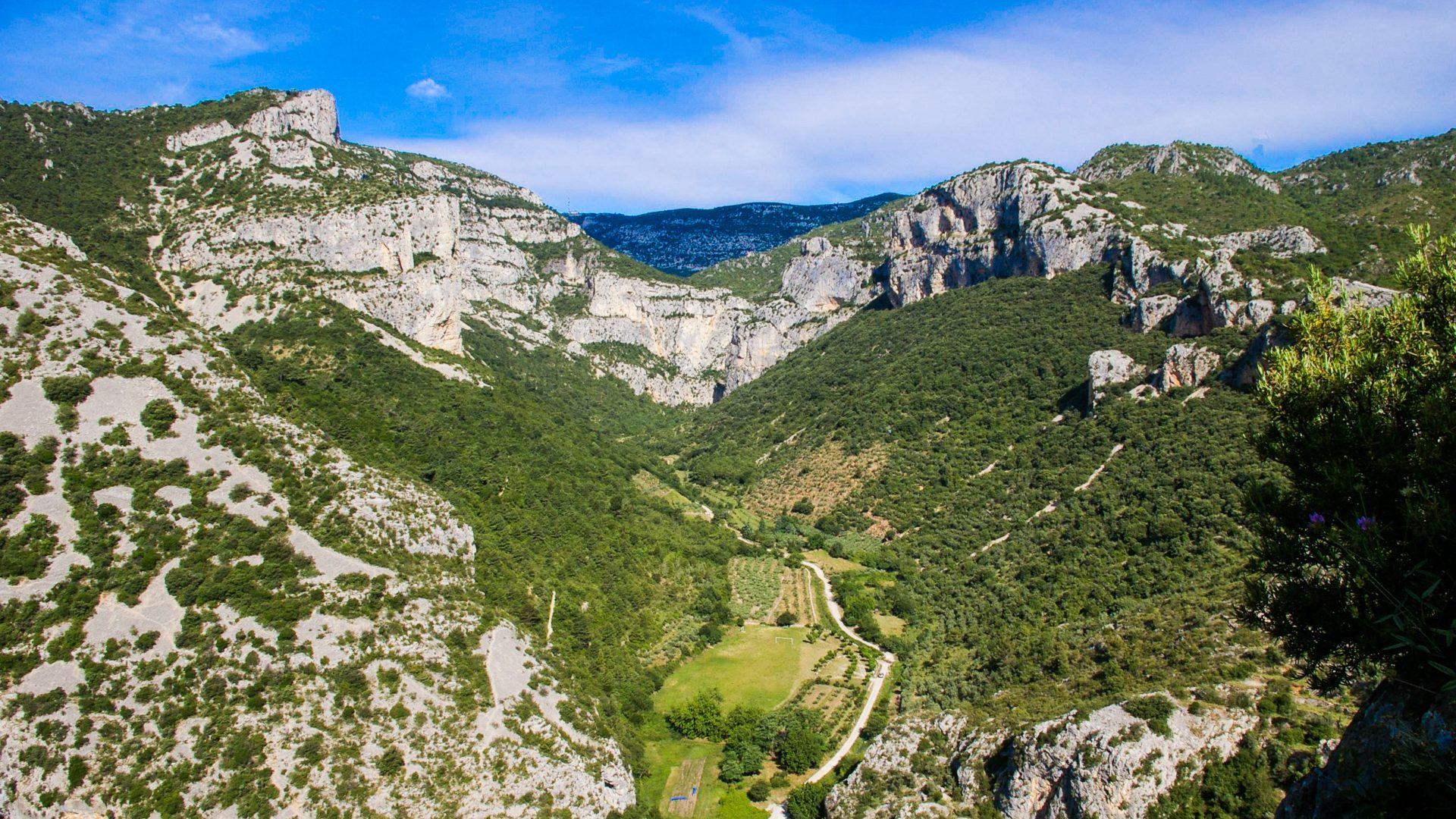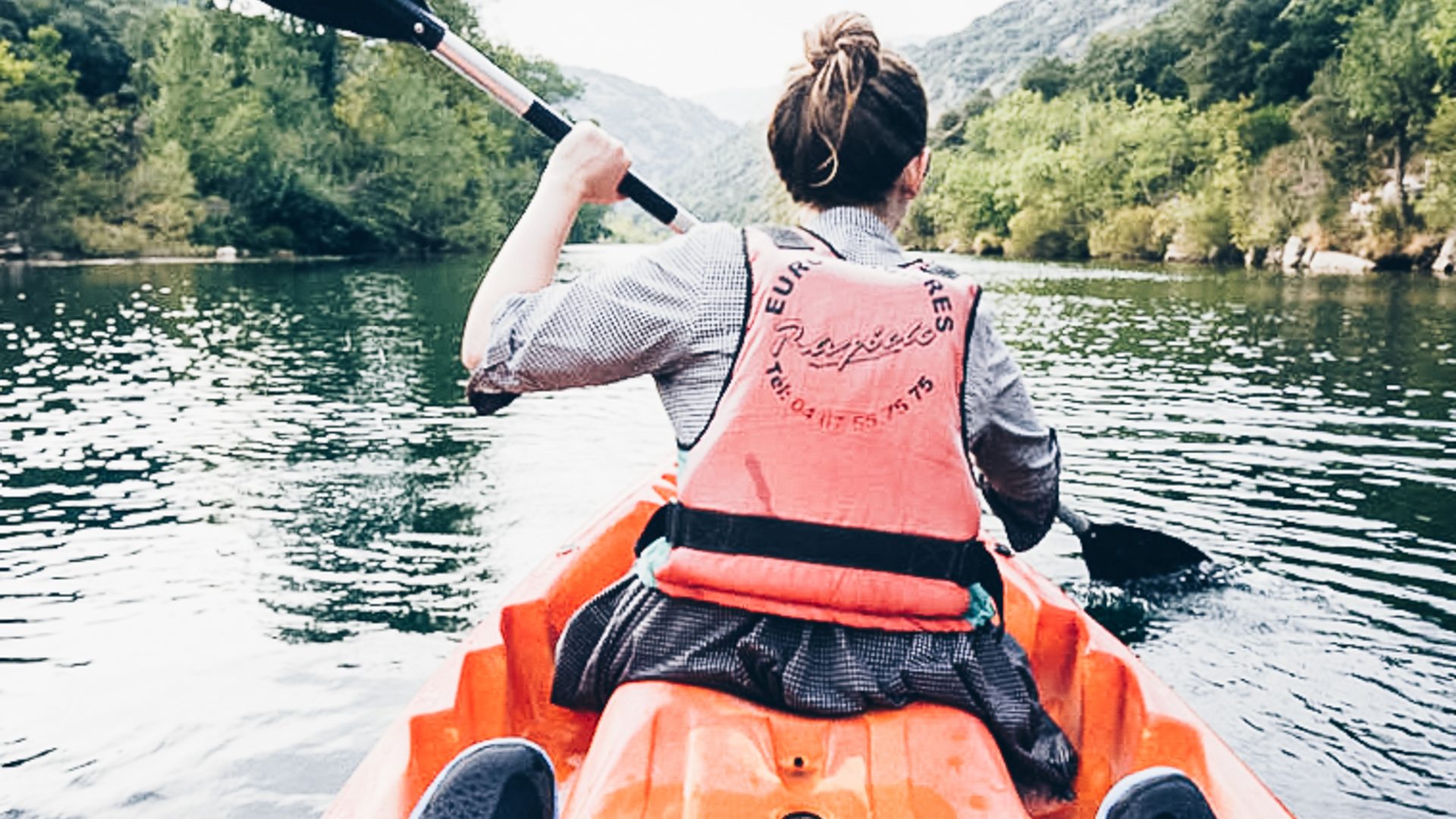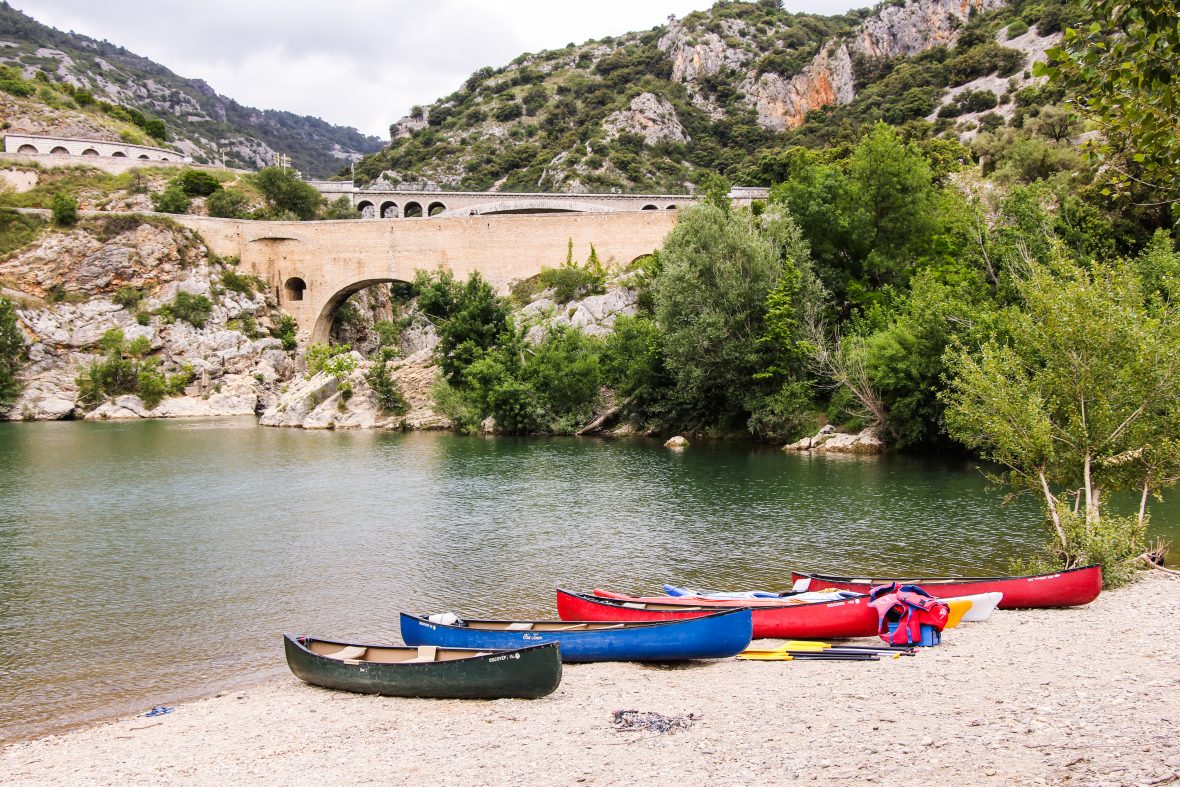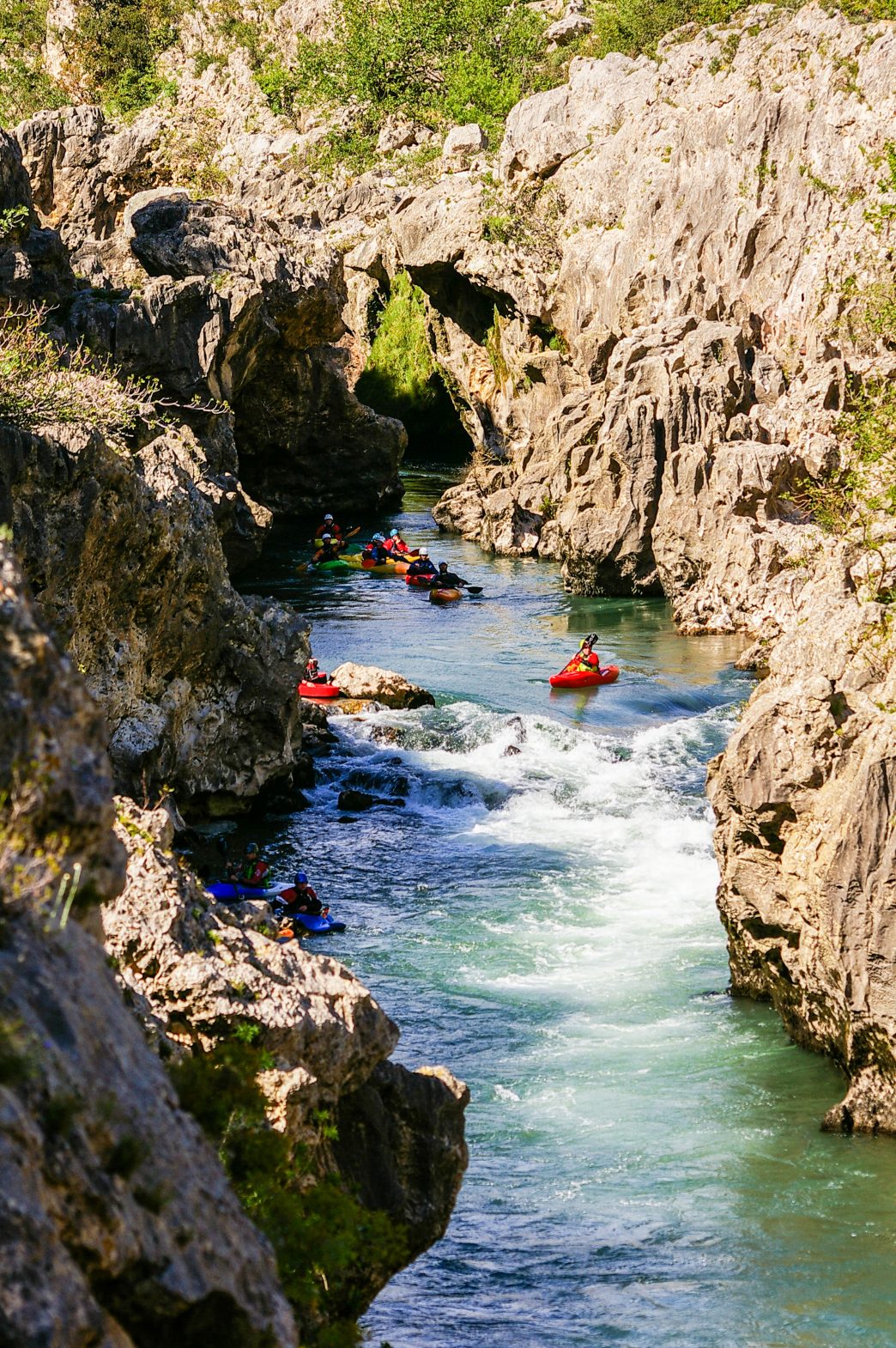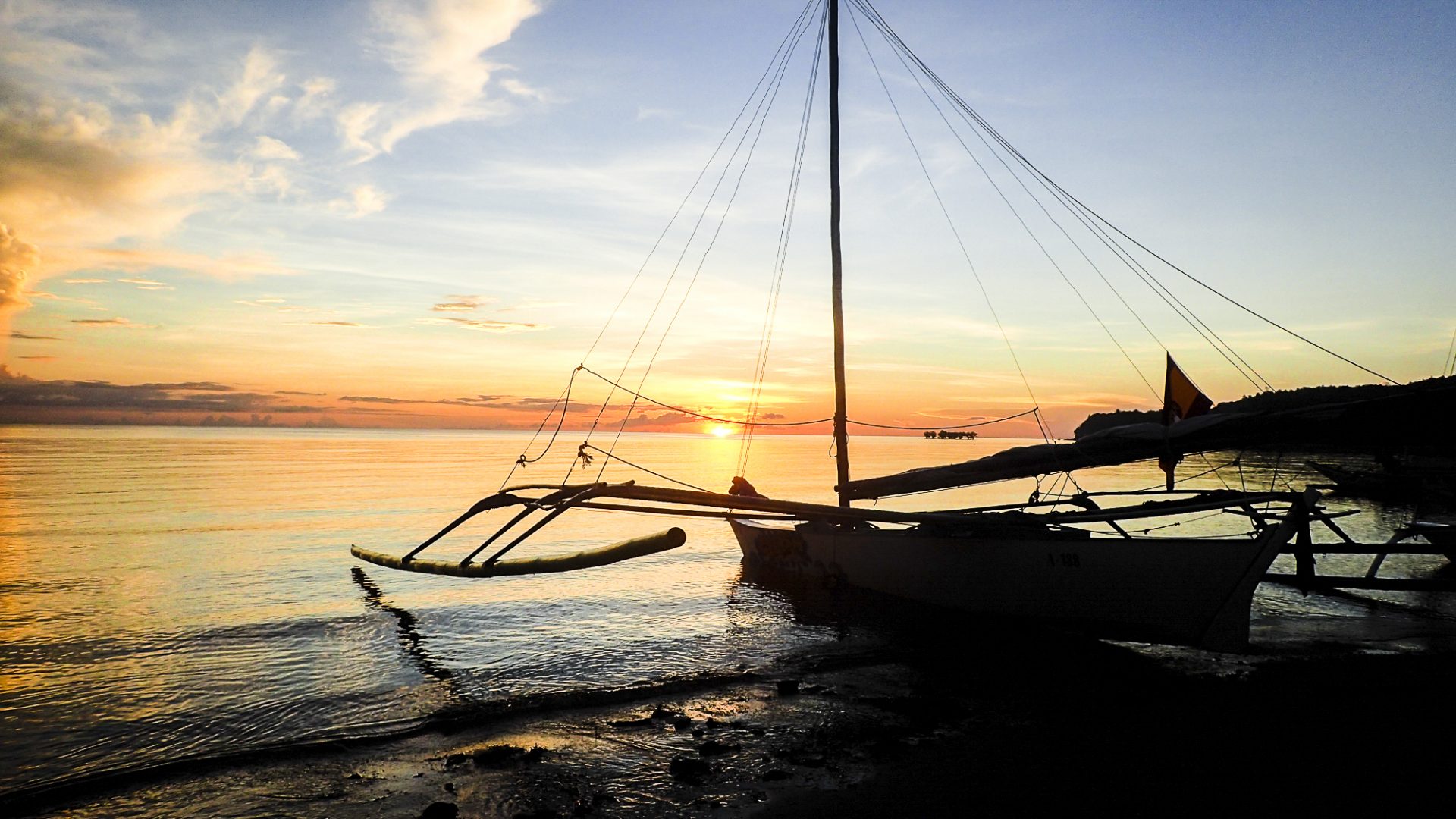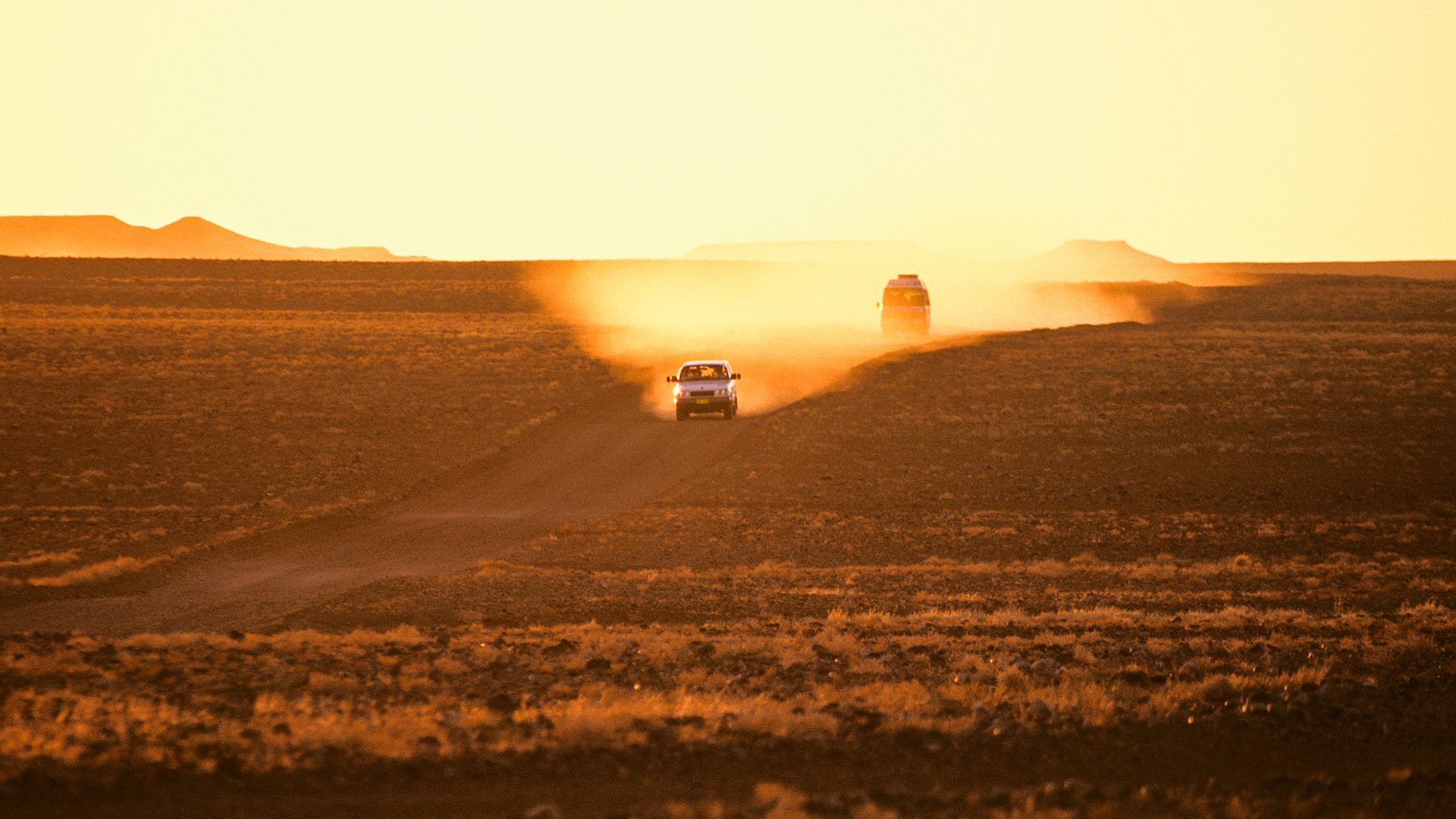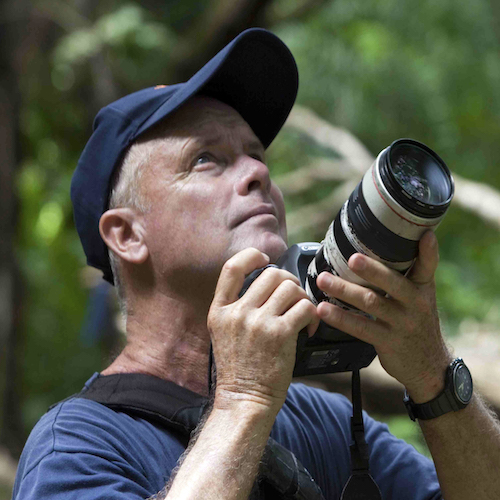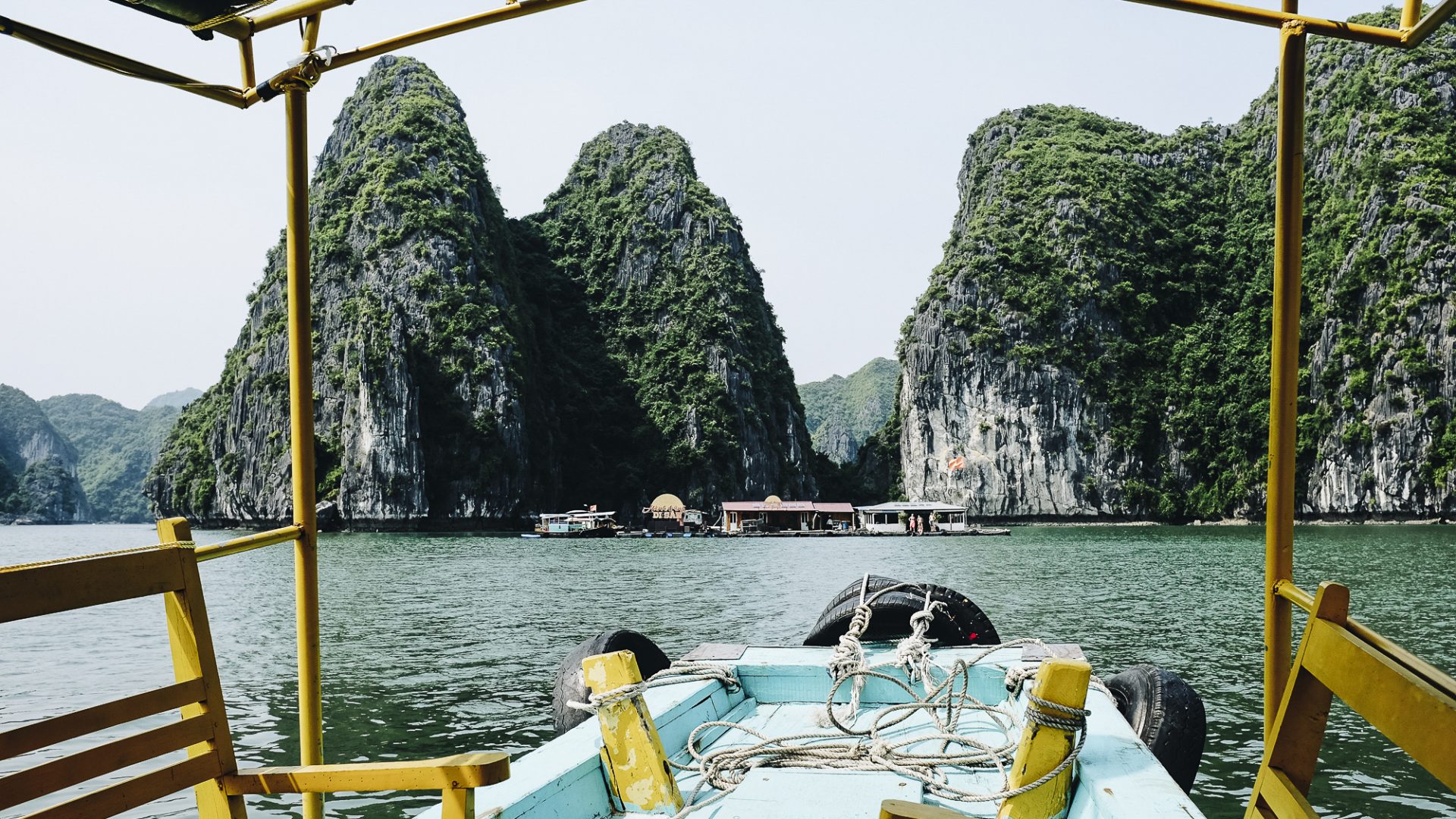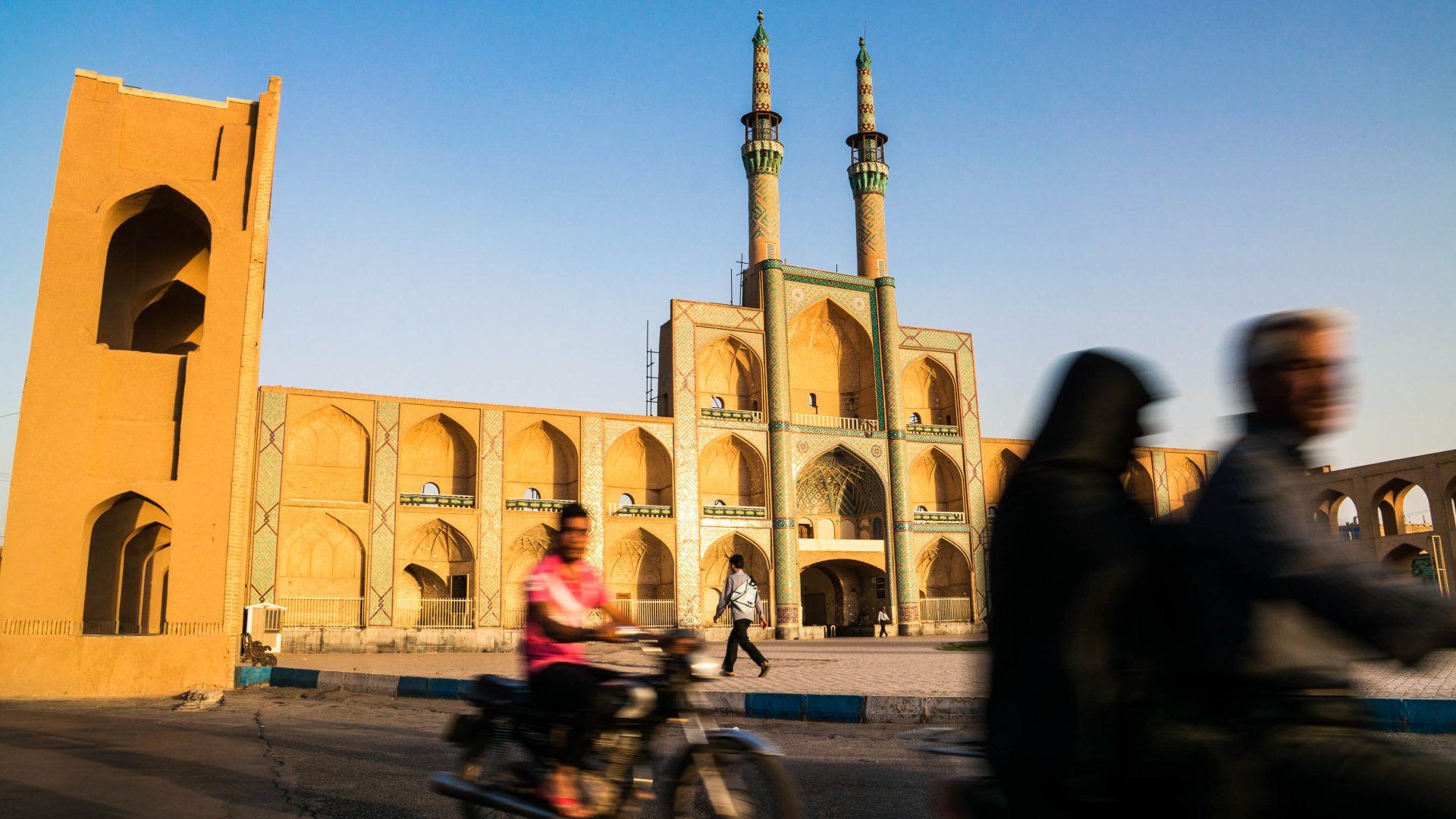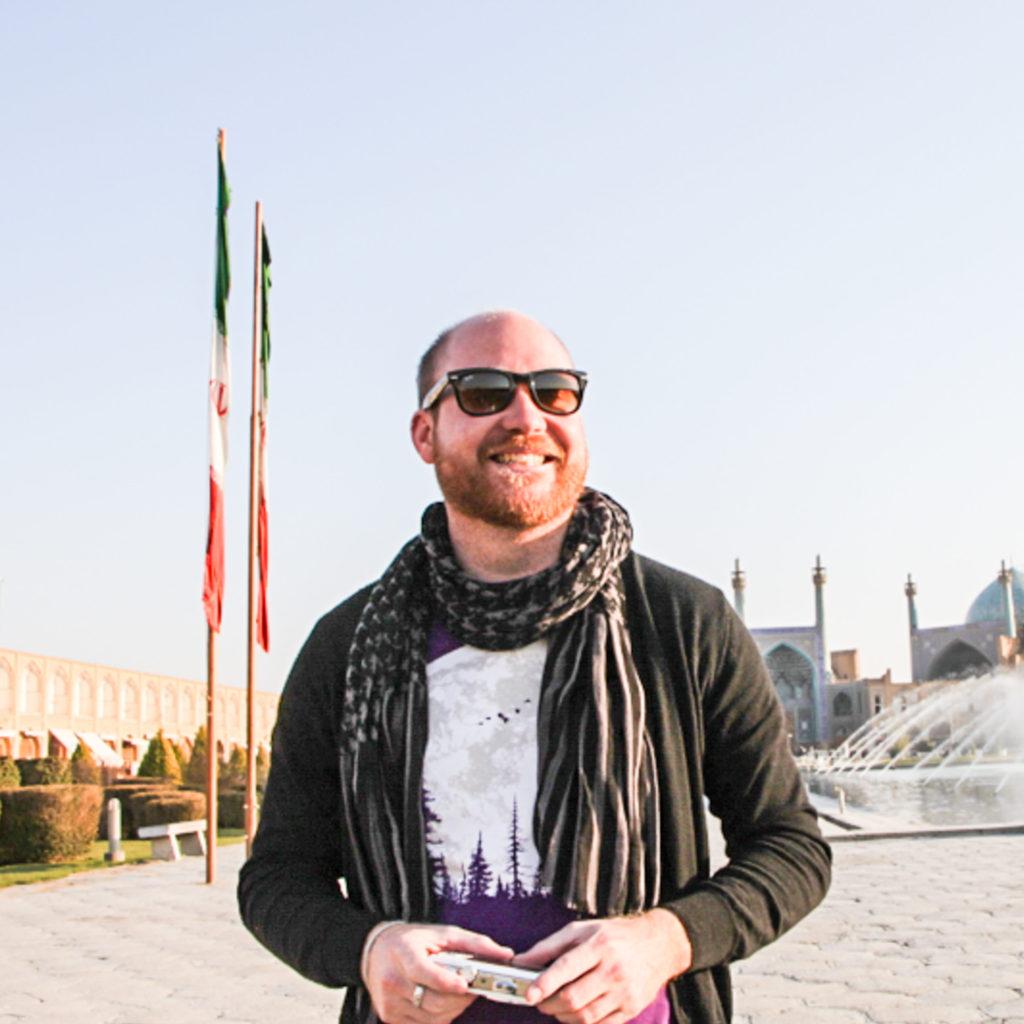Eventually, we descend to the realm of life again and pull up at another riverside hut, Again, there’s a feeling of having just missed the party. You can almost smell the backpackers drinking their beers at the picnic tables; you can almost hear the techno echoing along the mountain stream. Jack Johnson throws us each an oar (mine a really long one, Rosie’s a really short one), points at a pile of kayaks, and then at the quick-flowing water. “Do we get a lesson or something?” I ask him. He shrugs, waves, and drives off.
If we want to get the Opel back on time, which we do, there’s no time to lose. We drag a kayak to the water and jump in. But we just can’t get in sync with our rowing. Each time we begin drifting off in one direction, we both furiously paddle the opposite way, over-correcting our course dramatically in the other direction. At first it’s funny; but it quickly becomes gravely concerning. As we hit our first patch of rapids—backwards—and get stuck in the branches of a low-hanging tree, I begin to wonder if we’ll make it back at all, much less by 5pm.
I keep telling myself that at least we’re going the right way—even if we’re facing the wrong way. Occasionally, we right the vessel and find ourselves in a rhythm, paddling down a beautiful river high in the French mountains, and it’s wonderful. The river is sort of carved into the mountains, so we can never see very far, but what we can see is lovely. Along with the serene wilderness, there are occasional little stone armaments built into the hills, mysterious reminders that humans exist and like to kill each other.
After the second stretch of rapids, we decide to stop for a break. (They aren’t exactly what you imagine when someone says ‘rapids’; more of a slightly quicker bit of water, like a tasteful French version of American rapids). As we sit panting on the riverbank, reflecting on how we should’ve perhaps brought some food or at least a bottle of water, another kayak floats by. These guys look like the ones in the cut-out pictures on the shopfront: sunglasses, quick-dry clothing, skillfully navigating another stretch of rapids. They pause to high-five each other and row off happily, in perfect sync. I hate them.
